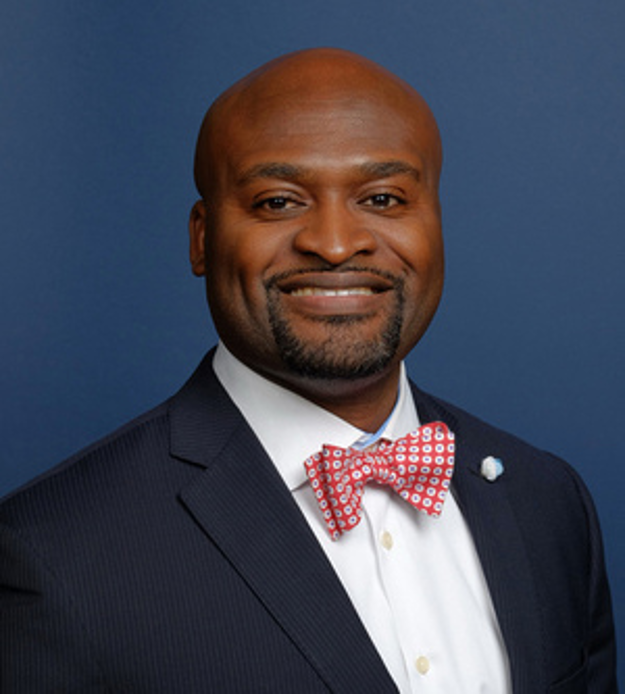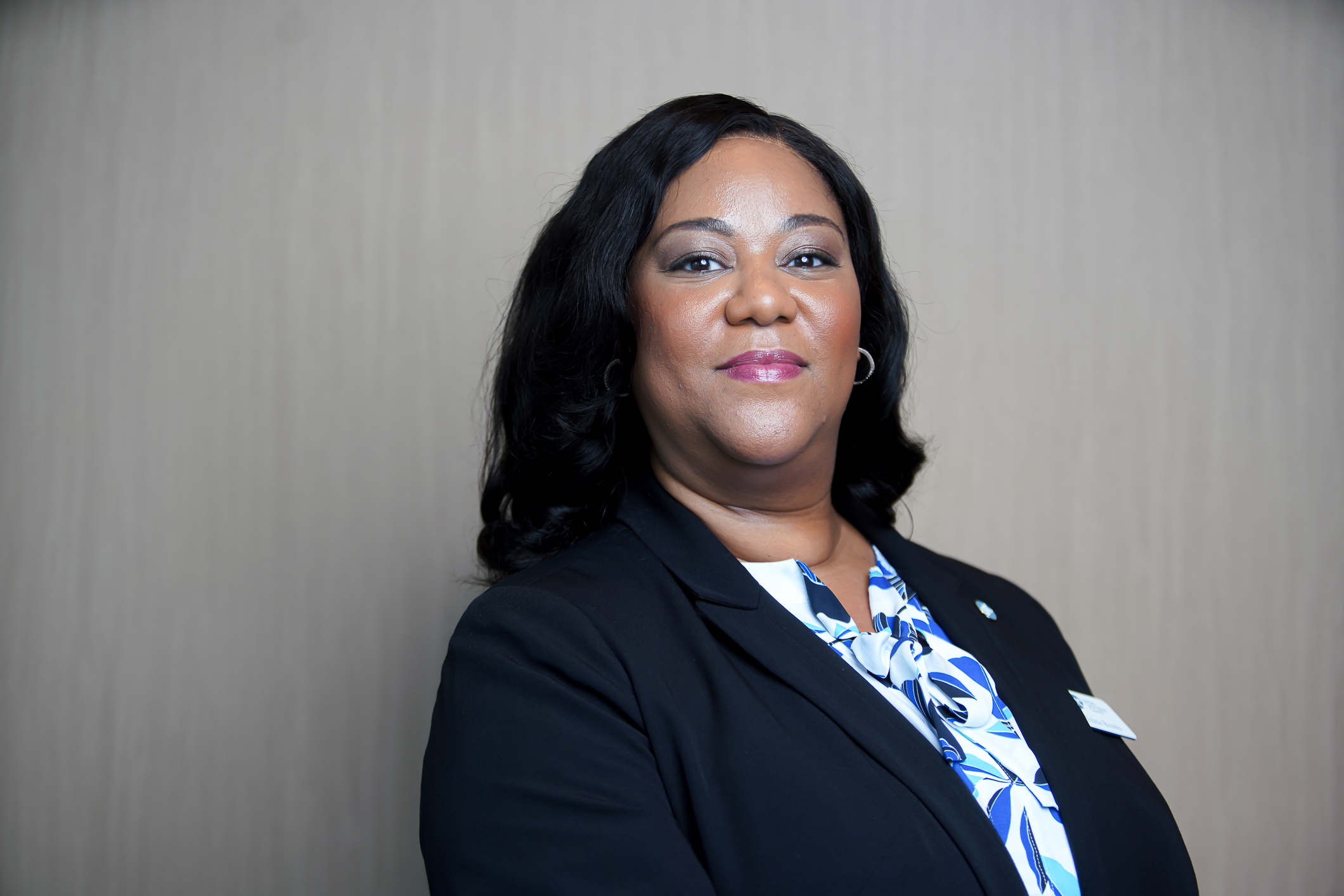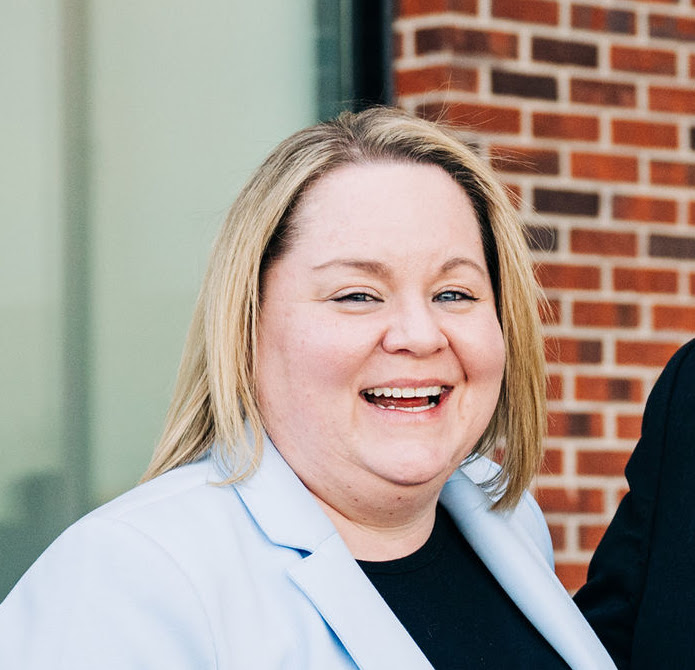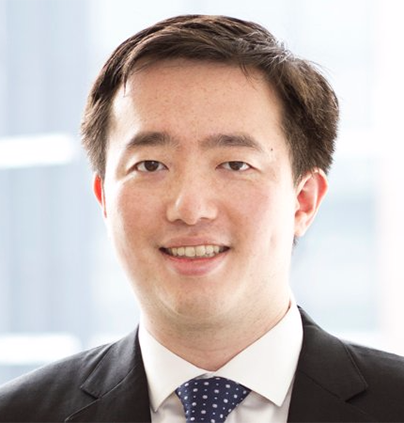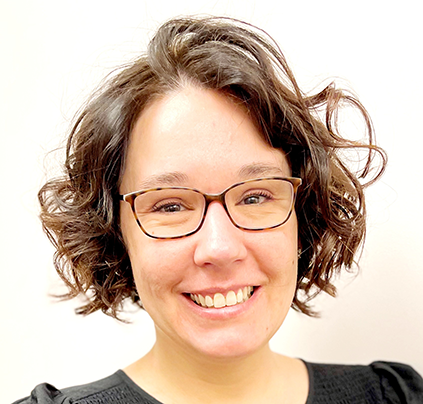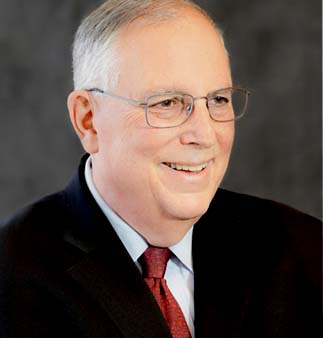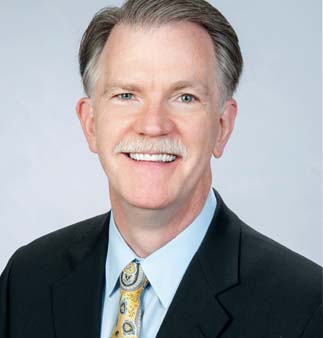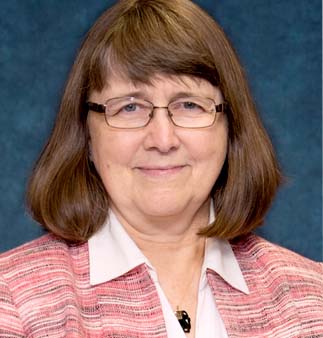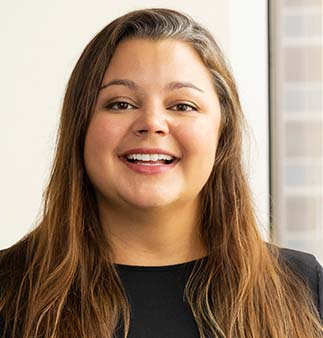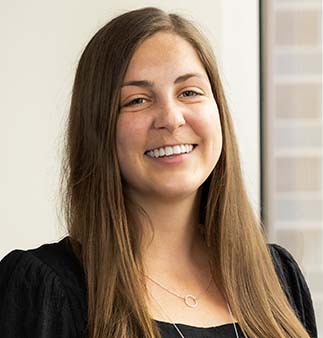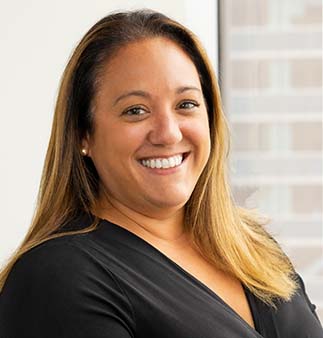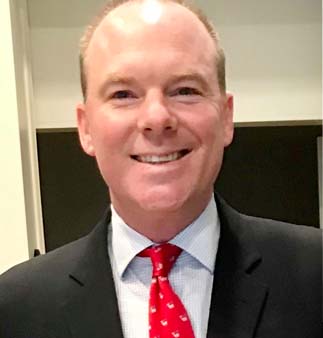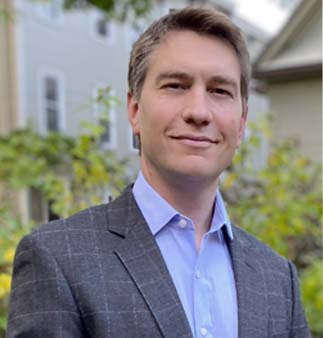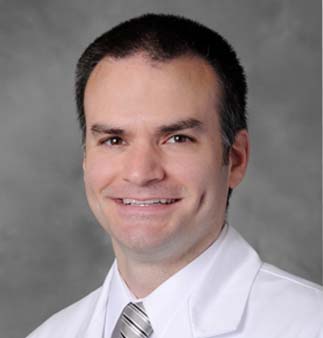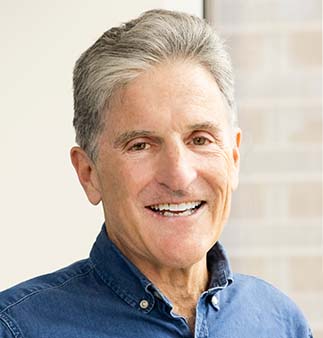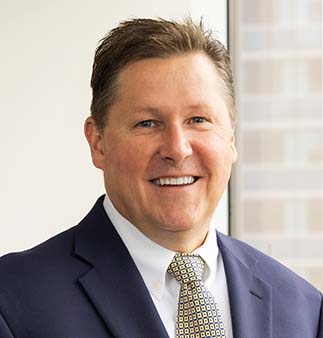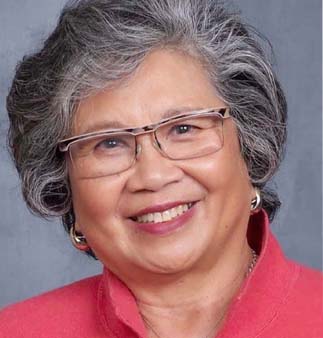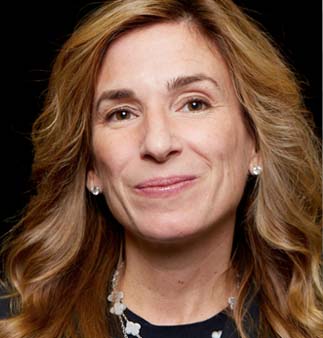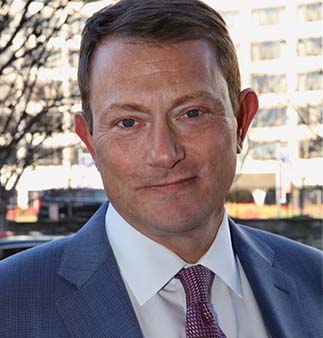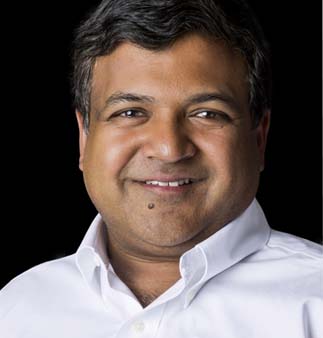Our Core Principles
Watch our video (link below) to learn how Edenbridge is putting its principles into practice.
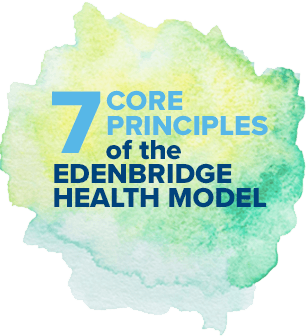
The core principles of Edenbridge Health support our goals of understanding and serving the whole person, providing outstanding geriatric care, and strengthening community.
-
Create and Sustain Meaningful Lives
Our model aims to help elders create and sustain meaningful lives — including social relationships, spirituality, cultural life, work, or service. We support elders with cognitive and physical disability to sustain purpose every day. We form close community partnerships to help elders engage outside our centers.
-
Respect the Right to Independence
Edenbridge aims always to follow our participants’ wishes. Wherever possible, participants maintain control over all decisions — from medical procedures to what to eat for dinner.
-
Pay Attention to What Is Working Well
Our goal is to multiply the days each participant experiences happiness and meaning. We encourage participants’ positive experiences of daily life, supporting the things that matter most to them.
-
Provide the Right Amount of Medical Care
Elders often have many diagnoses, medications and specialists, involving complex care decisions. We help our participants understand their choices. We deliver thoughtful, appropriate and personalized care, while providing the autonomy our participants want.
-
Guide All the Care Provided
We always follow and guide our participants’ care — in their homes, at our centers, in the hospital, and everywhere in between.
-
Live with Our Communities, Not Just in Them
We work in communities where aging in place is valued and integrated care is a shared mission. We build deep relationships with community organizations (see video) beginning long before we open our doors. We aim to reach beyond the walls of the center to bring community members in and participants out for person-to-person connection.
-
Employ Technology Thoughtfully, Not Aggressively
We use technology because it can enrich the lives of participants, improving care and connecting family members with their loved ones and their care providers. But we use technology only to complement — never replace — direct human interaction.


